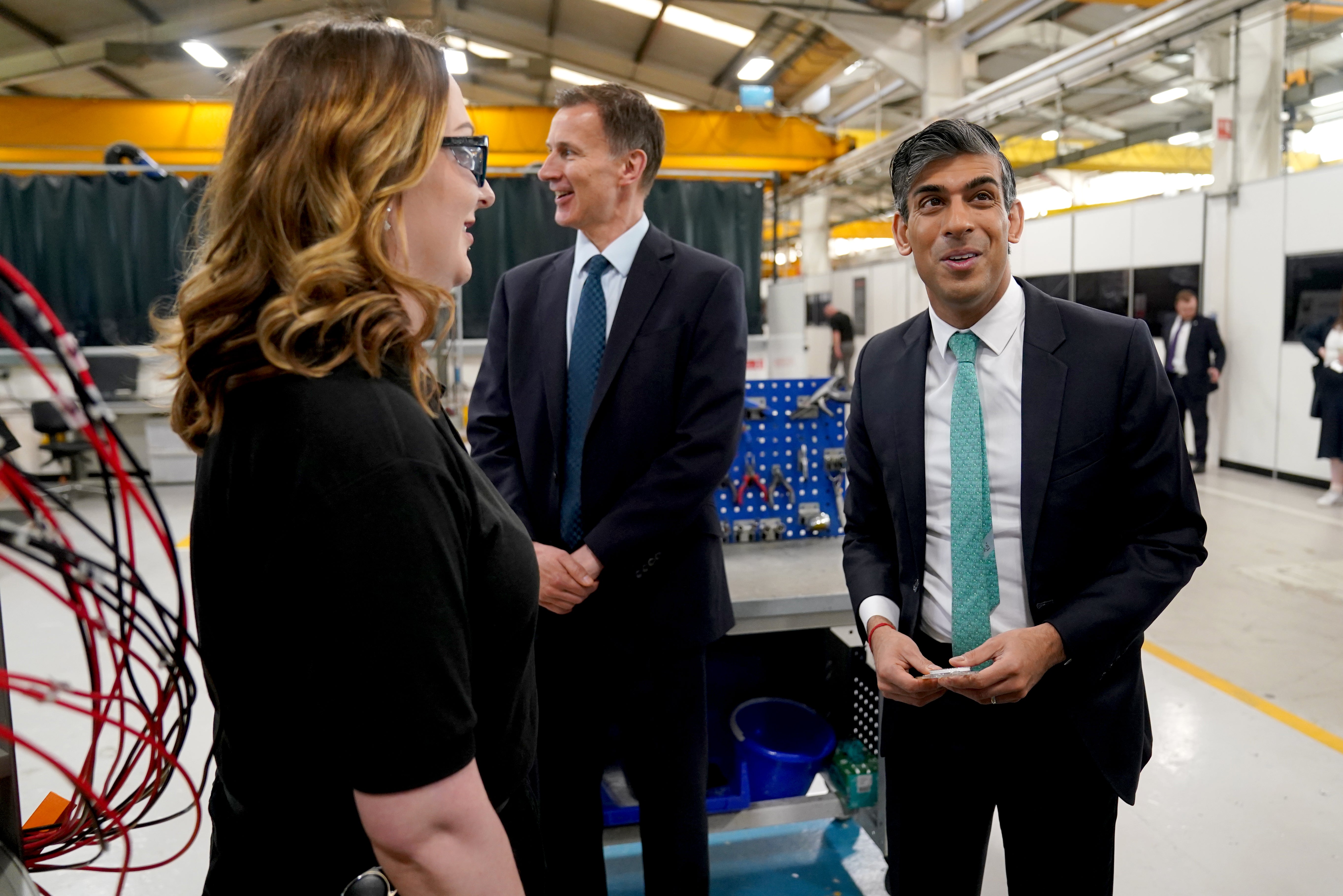The economy climbs out of recession – but, hold on, there may be a catch…
The strength of the UK’s emergence from recession came as a surprise even to the City – but, says James Moore, finally turning the corner makes a cut in interest rates less likely


“Wow,” was the reaction of one economist as the UK officially exited last year’s recession at a speed no one had really expected.
Many of those outside of the City might scratch their heads and ask how quarterly growth of 0.6 per cent is anything to get excited about. But if you follow this stuff, it is.
UK plc pumped out billions of pounds more than the forecasts said it would. You could almost hear the anguish as scribblers in London’s financial centre had to delete their pre-written responses and start again.
“The economy looks to have turned a corner, leaving recession firmly behind it,” said Investec’s Ellie Henderson. “We expect economic momentum to continue to be supported over the coming quarters.”
It’ll be music to the beleaguered prime minister’s ears. He also used the phrase “turned a corner” in his reaction. Rishi Sunak badly needs something to come good for him if his awful polling numbers are to change. If Henderson is right, the economy could be just the ticket.
The dominant services sector delivered its first positive result since the first quarter of 2023; production (manufacturing etc) burned similarly brightly, with only construction remaining under a cloud. Even the stock market joined the party, recording a new record high, although UK plc’s cheery update played only a small part in that. The FTSE 100’s top companies are international behemoths, many from the natural resource sector, in which there may be deals to be done and rising prices for their products.
“We’ve had a relatively soft landing. Those difficult decisions have worked,” chancellor Jeremy Hunt told the BBC, doing his best impression of a calmly reassuring GP looking at your hospital notes and telling you that the worst is over and you can smile again.
He trotted out some of his favourite lines, including making great play of comparing the UK to other advanced economies. This time, he could do that with rather less manipulation of the statistics than usual. He didn’t even get too flustered when confronted by the L word – for Liz (Truss). “Mistakes were made, but I corrected them,” he said. Which, to be fair, he did. The voters will have to decide what it all says about the economic competence of his party.
Just as important is whether those voters are feeling the economy’s new-found vim. It should be stressed that these are preliminary numbers, and they could yet be revised further upwards – but also downwards. The problem comes when you look a little deeper.
Much of the improvement in output was due to an increase in population: more people contributing equals bigger economy. GDP per head grew by a less impressive 0.4 per cent, and it is still 0.7 per cent lower than a year ago. So collectively, we’re all a little bit poorer than we were then. And the problems of poor productivity and a sickly workforce haven’t gone away.
The Office for National Statistics said the retail, public transport and haulage, and health categories all performed well. However, at the Bank of England’s press conference on Thursday, it was noted that Threadneedle Street’s agents aren’t as sure about the health of the consumer economy as the numbers suggest they ought to be.
It is quite true that wage rises have been running ahead of Britain’s much lower inflation for some time – and by quite a wide margin. The flip side is that rents have been rising fast, while owner-occupiers face much higher mortgage costs when they come to remortgage at the end of their fixes, as a consequence of the sharp rise in UK interest rates.
For the prime minister to derive any benefit at the ballot box, he needs voters to feel some benefit from the recovery that numbers say is now underway. Which brings us to the real sting in the tail from this – and there’s always one: the City immediately downgraded the odds of a June interest rate cut.
The rate-setting Monetary Policy Committee is divided on how to proceed. The vote went 7-2 for no change at the latest meeting, as I wrote yesterday, but governor Andrew Bailey noted that there was a divergence of views among the majority about inflationary risks.
A healthier, faster-growing economy might just be enough to persuade the MPC’s waverers to hold off on cutting base rates of 5.25 per cent until August. The interest rate swaps market, which governs the price of fixed-rate mortgage deals, will also have taken note of this, which has negative implications for homeowners.
Every silver lining has a cloud, and all that.






Join our commenting forum
Join thought-provoking conversations, follow other Independent readers and see their replies
Comments